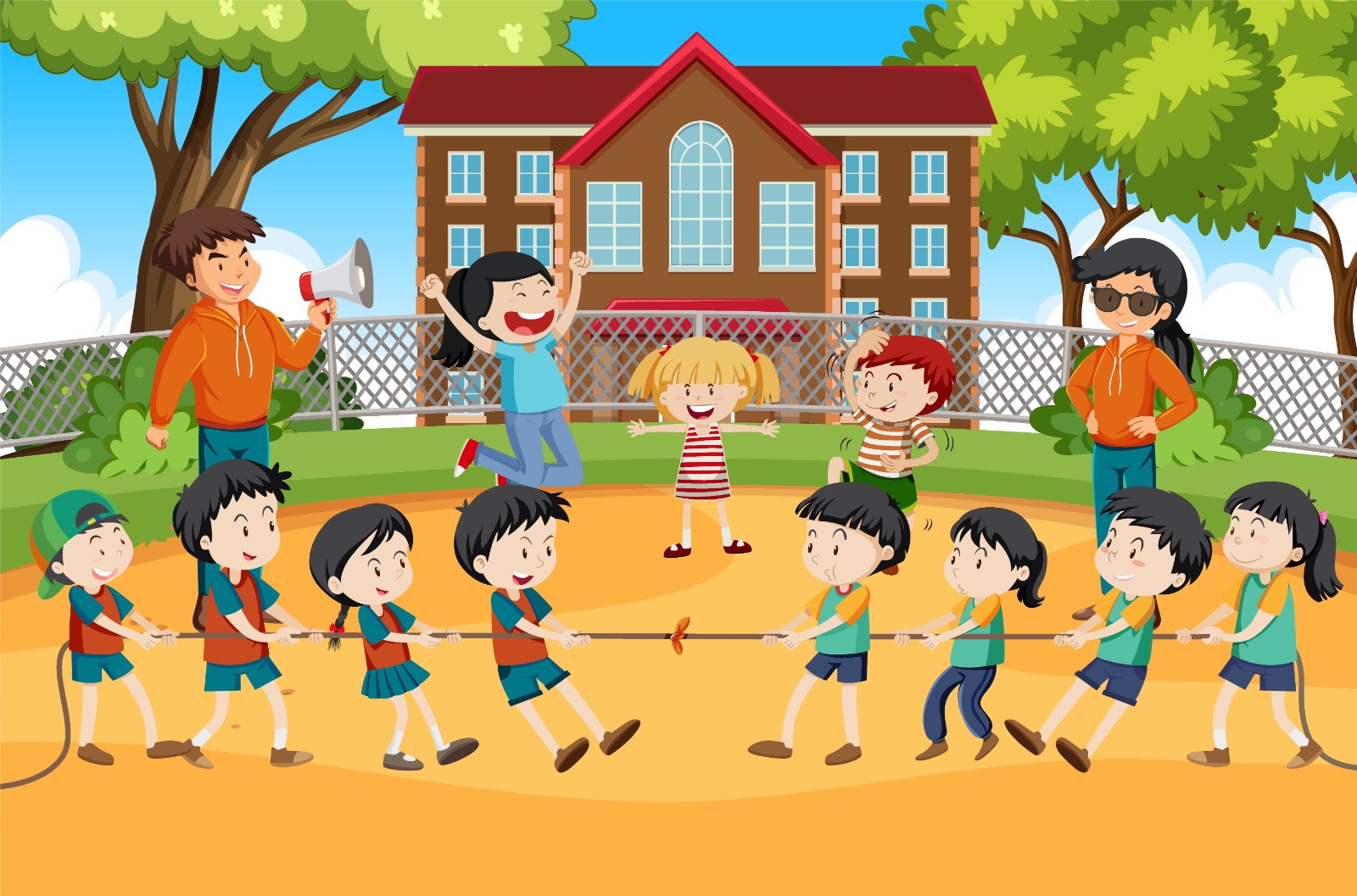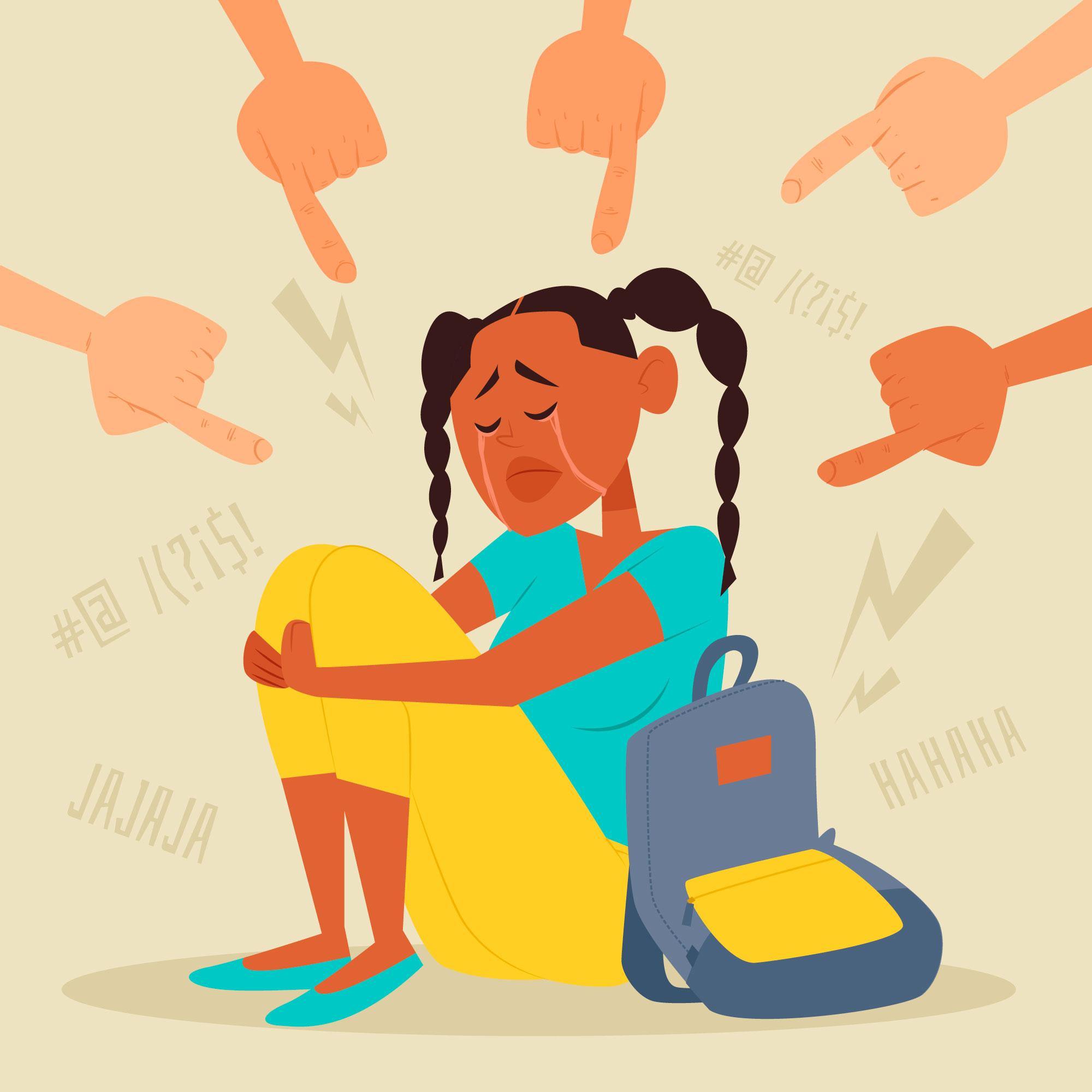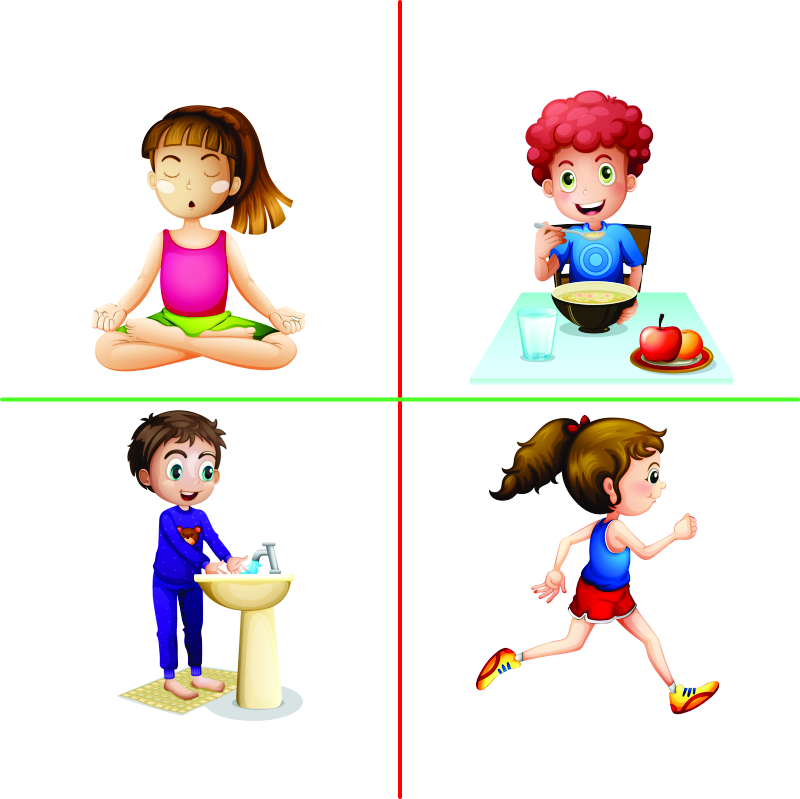Co-curricular activities enrich the learning process by providing experiential exposure. They help children apply what they learn in textbooks to real-life situations and develop qualities that cannot be measured through examinations alone. Participating in debates builds confidence and clarity of thought, playing in a sports team fosters discipline and teamwork, while involvement in art or music enhances creativity and expression.
Beyond academic enrichment, these activities shape character and personality. They encourage students to step outside their comfort zones, take on responsibilities and learn the value of cooperation and resilience. Whether it is managing a cultural event, taking part in a science exhibition, or volunteering in a social campaign, students gain life skills that will remain relevant long after their school years.
The NEP 2020 emphasizes that education must be holistic, integrated and enjoyable. Co-curricular activities are central to this vision. The policy outlines several key provisions:
Holistic Report Cards – Assessment should showcase not only academic performance but also co-curricular achievements and participation.
Integration of Arts and Sports – Both are recognized as essential for cognitive, emotional and social development.
Experiential Learning – Project work, clubs and activity-based learning encourage ‘learning by doing’.
Flexibility and Choice – Students should be given opportunities to choose from a wide variety of activities to discover and nurture their interests.
Value-Based Education – Activities such as cultural celebrations, environmental drives and community service are vital for instilling ethics, empathy and civic responsibility.
These provisions reflect a shift from rote memorization to a balanced and skills-oriented education system.
Relevance in the 21st Century
In today’s fast-changing world, subject knowledge alone does not guarantee success. Employers and higher education institutions look for individuals who possess creativity, critical thinking, communication, and collaboration skills. Co-curricular activities naturally nurture these 21st-century competencies. A student who organises an event learns leadership and planning; a player on a team learns resilience and cooperation; a participant in theatre or music learns self-expression and confidence. These qualities prepare students to thrive in competitive, global environments.
The challenge lies in treating co-curricular activities as an integral part of education rather than optional add-ons. Teachers act as facilitators, encouraging active participation and ensuring that each student engages in meaningful activities. Parents, too, must recognize the value of co-curricular involvement and support their children in exploring diverse opportunities.









.jpg)









